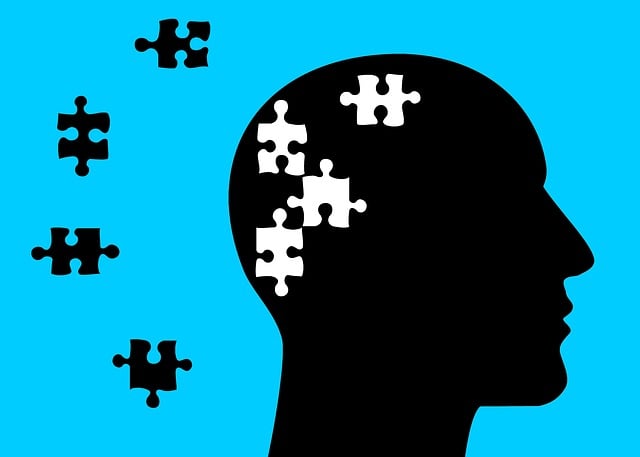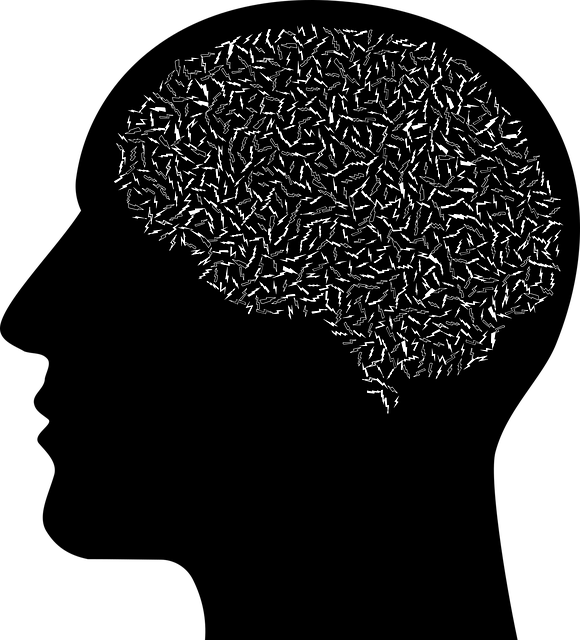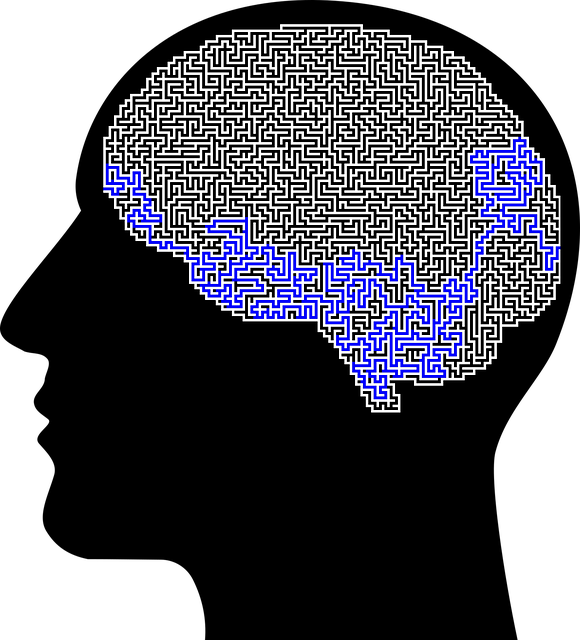Broomfield Mens Issues Therapy leverages diverse data sources, from clinical assessments to social media interactions, to gain insights into men's mental health trends and behaviors. They employ sophisticated statistical analysis, rigorous data preprocessing, and ethical standards for interpretation, enabling tailored interventions and evidence-based practices. Through this data-driven approach, Broomfield Mens Issues Therapy enhances care quality, predicts outcomes, and fosters overall emotional well-being in their clients.
Mental health data analysis is a powerful tool for understanding and improving the well-being of individuals. This article explores the intricacies of analyzing and interpreting mental health data, with a specific focus on its application at Broomfield Men’s Issues Therapy. We begin by examining data collection methods and sources, then delve into preprocessing techniques to ensure accurate analysis. Subsequently, we discuss various analytical approaches tailored for mental health research. Challenges, ethical considerations, and future trends in this field are also highlighted, offering valuable insights for practitioners and researchers alike.
- Understanding Mental Health Data: Collection and Sources
- Preprocessing and Cleaning Data for Accurate Analysis
- Techniques for Data Analysis in Mental Health Research
- Interpreting Findings: Insights and Implications for Broomfield Mens Issues Therapy
- Challenges, Ethical Considerations, and Future Directions in Mental Health Data Interpretation
Understanding Mental Health Data: Collection and Sources

Understanding Mental Health Data involves recognizing that it’s a multifaceted landscape, crucial for Broomfield Mens Issues Therapy and other specialized services. The data can stem from various sources, including clinical assessments, surveys, self-care routine development records, and even social media interactions. These diverse avenues offer insights into individuals’ mental health status, behaviors, and trends within communities. For instance, tracking regular exercise routines and sleep patterns through digital platforms can provide valuable information on resilience building and burnout prevention strategies for healthcare providers.
Effective data collection goes beyond traditional methods. It encompasses modern tools like wearable technology, mobile apps, and online platforms designed to promote self-care routine development for better mental health. By analyzing these data points, therapists and researchers gain a comprehensive view of clients’ well-being. This enables them to tailor interventions, inform policy decisions, and develop targeted programs, ultimately enhancing the quality of care offered at Broomfield Mens Issues Therapy centers.
Preprocessing and Cleaning Data for Accurate Analysis

Before diving into mental health data analysis, preprocessing and cleaning the data is a crucial step to ensure accurate insights. This involves removing or correcting inconsistencies, missing values, and outliers that could skew results. At Broomfield Mens Issues Therapy, we understand that rigorous data preparation is as essential as advanced analytical techniques. By implementing effective communication strategies and community outreach program implementations, our team meticulously cleanses the data to capture true trends and patterns related to emotional well-being promotion techniques.
This process requires careful consideration to maintain ethical standards and patient confidentiality. With a keen eye for detail, we employ various methods such as imputation for missing values, normalization for outliers, and standardized coding for categorical variables. Such meticulous preprocessing ensures that the resulting data set is robust and reliable, paving the way for insightful interpretations that drive evidence-based practices in mental health care.
Techniques for Data Analysis in Mental Health Research

Mental health researchers employ a range of sophisticated techniques to analyze and interpret data effectively. These methods are crucial in understanding complex issues like men’s mental health, as highlighted by Broomfield Mens Issues Therapy. One common approach involves statistical analysis, which helps identify patterns and relationships within large datasets. By applying advanced statistical models, researchers can predict outcomes, assess the effectiveness of interventions, and gain insights into the emotional healing processes of individuals.
Additionally, qualitative data analysis plays a significant role in mental health research. This involves analyzing textual data, such as interviews or surveys, to uncover deeper meanings and experiences related to Broomfield Mens Issues Therapy and burnout prevention strategies for healthcare providers. Community outreach program implementation is another key aspect, ensuring that research findings are accessible and beneficial to the wider community. Through these techniques, researchers can navigate the intricate landscape of mental health, providing valuable insights that foster better support systems and improved emotional well-being.
Interpreting Findings: Insights and Implications for Broomfield Mens Issues Therapy

Interpreting data from mental health analyses offers a powerful tool for Broomfield Men’s Issues Therapy to gain profound insights into their client’s experiences and behaviours. By understanding patterns, therapists can tailor interventions to address specific challenges. For instance, trends in mood management over time could reveal the effectiveness of certain therapeutic techniques or programmes. This information is invaluable for enhancing treatment plans and fostering resilience building among clients.
Additionally, analysis might uncover correlations between factors such as stress levels and positive thinking, allowing therapists to identify strategies that promote mental well-being. Such insights can guide the development of targeted workshops or individualised therapy sessions focused on improving coping mechanisms and overall life satisfaction. With this data-driven approach, Broomfield Men’s Issues Therapy can continually evolve, ensuring its services remain relevant and impactful in addressing men’s unique mental health concerns.
Challenges, Ethical Considerations, and Future Directions in Mental Health Data Interpretation

Navigating the complex landscape of mental health data interpretation presents a multitude of challenges and ethical considerations. As Broomfield Mens Issues Therapy highlights, collecting and analyzing sensitive information requires stringent privacy measures to protect patient identities and ensure informed consent. The sheer volume of data, often derived from diverse sources like social media trends, electronic health records, and wearable devices, poses hurdles in terms of data cleaning, standardization, and integration.
Moreover, ethical implications arise when interpreting mental health data. Bias in algorithms or data collection methods can perpetuate existing societal biases, affecting the accuracy and fairness of insights drawn. Future directions in this field must prioritize Mental Health Awareness and explore innovative solutions through advancements in artificial intelligence and machine learning. A balanced approach, incorporating both quantitative analysis and qualitative feedback from professionals and individuals, is crucial to develop effective interventions for depression prevention while upholding ethical standards in Mental Wellness Podcast Series Production.
Mental health data analysis plays a pivotal role in advancing our understanding of psychological well-being and informing evidence-based practices like those employed by Broomfield Men’s Issues Therapy. By carefully navigating the collection, preprocessing, and interpretation of data, researchers can uncover valuable insights that drive innovation in mental health care. As technology evolves and ethical considerations are addressed, the future of mental health data interpretation holds immense potential to improve outcomes for individuals seeking support from services like Broomfield Men’s Issues Therapy worldwide.














